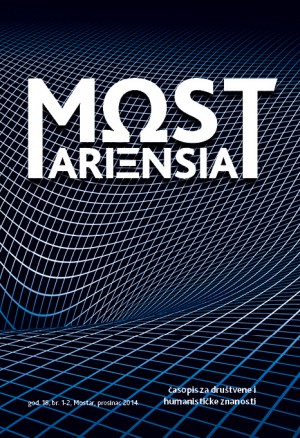INSTITUCIONALNI MODELI I UPRAVLJANJE RAZLIKAMA U PODIJELJENIM DRUŠTVIMA
INSTITUTIONAL MODELS AND MANAGEMENT OF DIFFERENCES IN DIVIDED SOCIETIES
Author(s): Ivan ĆubelaSubject(s): Constitutional Law, Governance, Politics and society, Sociology of Law, Geopolitics
Published by: Sveučilište u Mostaru i Institut društvenih znanosti Ivo Pilar, Zagreb
Keywords: divided society; federalism; consociational democracy; political stability;
Summary/Abstract: The author present the issue of divided societies and potential institutional solutions as a framework for overcoming differences in deeply divided and fragmented societies. In modern political theory, especially in the second hald of the 20th century, there is a whole range of models that in practical terms enable the building of the inner stability of society, along with the political and social involvement of segments that make it counterbalanced to the Westminster model. The author concludes that the key turning point and understanding of the issues of divided societies was the itroduction of a consociational democracy into political discourse which, by applying federal principles, has proved to be a quality empirical and normative mode that primarily serves as an explanation of political stability and wants to explain the mechanisms of maintaining a stable democratic government in a plural society.
Journal: Mostariensia - časopis za društvene i humanističke znanosti
- Issue Year: 22/2018
- Issue No: 1
- Page Range: 125-135
- Page Count: 11
- Language: Croatian

